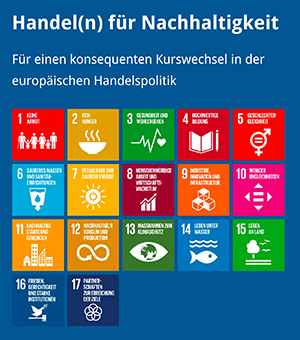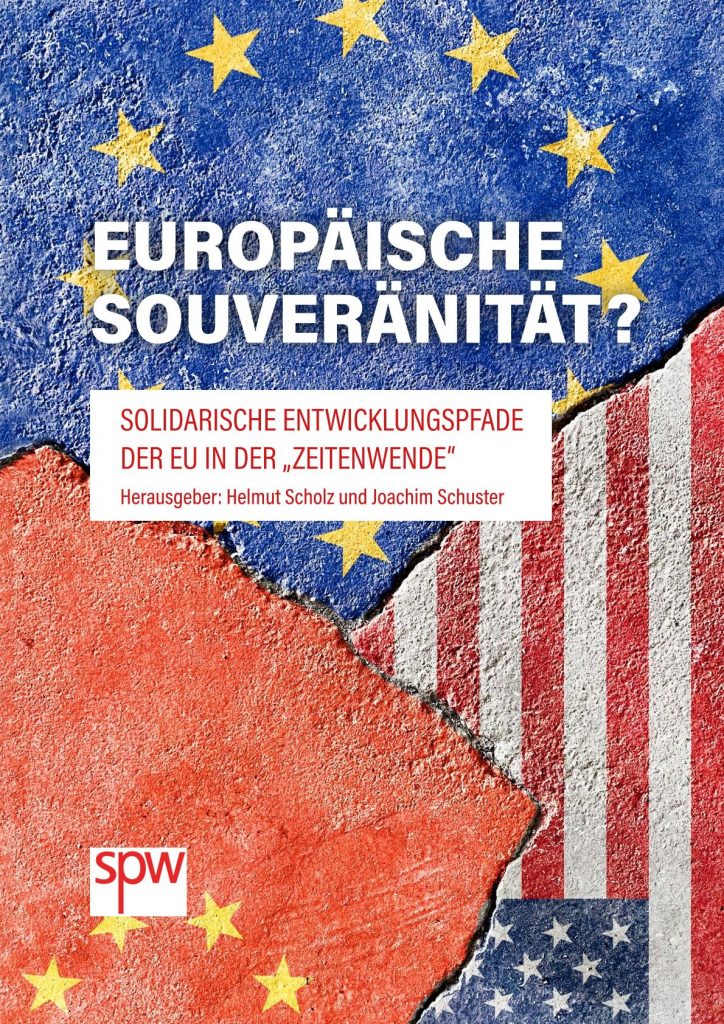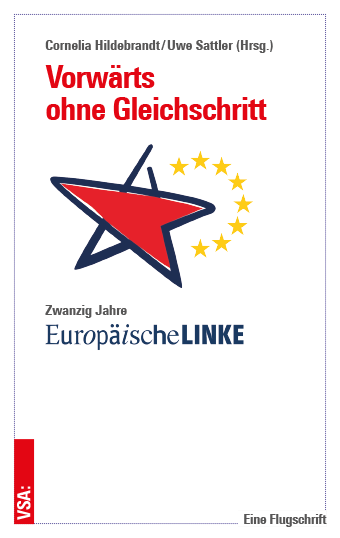Der 10. Oktober ist der Internationale Tag gegen die Todesstrafe. In diesem Jahr richtete sich die Aufmerksamkeit insbesondere auf Hinrichtungen im Zusammenhang mit Terrorismus. Helmut Scholz unterzeichnete u.a. einen Brief an den pakistanischen Präsidenten mit der Afforderung, die Vollstreckung von Todesstrafen weiterhin auszusetzen. Wir dokumtieren das Schreiben.
His Excellency Mr. Mamnoon Hussain
The Honourable President of Pakistan,
Islamabad
Pakistan
10 October 2016
Dear President Hussain,
We are writing to you as Members of the European Parliament regarding Pakistan’s use of the death penalty on the occasion of the 14th World Day Against the Death Penalty, which will take place on 10 October 2016. The focus this year is on the use of the death penalty for terrorism-related offences and concerns about the misuse of the death penalty in this context.
We were deeply troubled that Pakistan became one of the world’s top-5 executioners in 2015. We note that your Government has defended the resumption of executions after lifting the moratorium in December 2014 on the basis that it is necessary to combat “terrorism”. While we have the utmost sympathy for the victims of all terrorist attacks in Pakistan, we do not believe that the resumption of executions will help to combat this issue. Time and again, research has shown that the death penalty does not act as an effective deterrent, particularly for these kinds of offences.
In addition to more general concerns about arguments in favour of the death penalty – particularly for terrorism offences – we also understand that there are serious reasons for concern about its use in Pakistan. UN has expressed concerns about the “overly broad and vague definitions of terrorism offences”, under Pakistan’s Anti-Terrorism Act 1997. Many of those executed were sentenced to death by Anti-Terrorism Courts. The authorities rely on those special courts established by the Anti-Terrorism Act of 1997 even for crimes that do not qualify as terrorism, as they deprive defendants of most of the rights guaranteeing a fair trial.
In light of these concerns, it is extremely troubling that the Government of Pakistan continues to use the ‘fight against terrorism’ to defend the use of the death penalty. Indeed, during the public hearing held on the GSP + mechanism by the Committee on International Trade and the Sub Committee on Human Rights of the European Parliament in February 2016, Mr. Ashtar Ausaf Ali made reference to this very argument. This is despite the fact that research shows most of those executed between December 2014 and February 2016 cannot be linked to any form of terrorist activity. As a result, Pakistan’s anti-terror laws are being grossly overused, often in cases that bear no relation to terrorism, resulting in serious violations of human rights.
As you are of course aware, the European Union is opposed to the death penalty in all circumstances. Given Pakistan's recent assurances regarding effective implementation of its obligations under 27 international conventions, we trust you will share our concerns regarding the imposition of the death penalty for “terrorism” offences. As you know, effective implementation of these conventions is a requirement under the GSP+ scheme.
The 14th World Day Against the Death Penalty provides an opportunity for Pakistan to acknowledge that respect for human rights can and must be ensured in the fight against terrorism. In order to break this cycle of violence and in light of the concerns mentioned in this letter, we urge Pakistan to reconsider its policy regarding the death penalty and in particular its use under the Anti-Terrorism Act.
Yours sincerely,
Members of the European Parliament:









